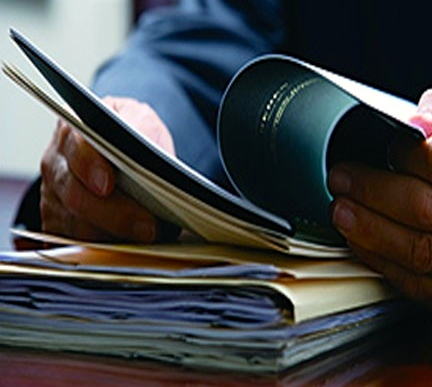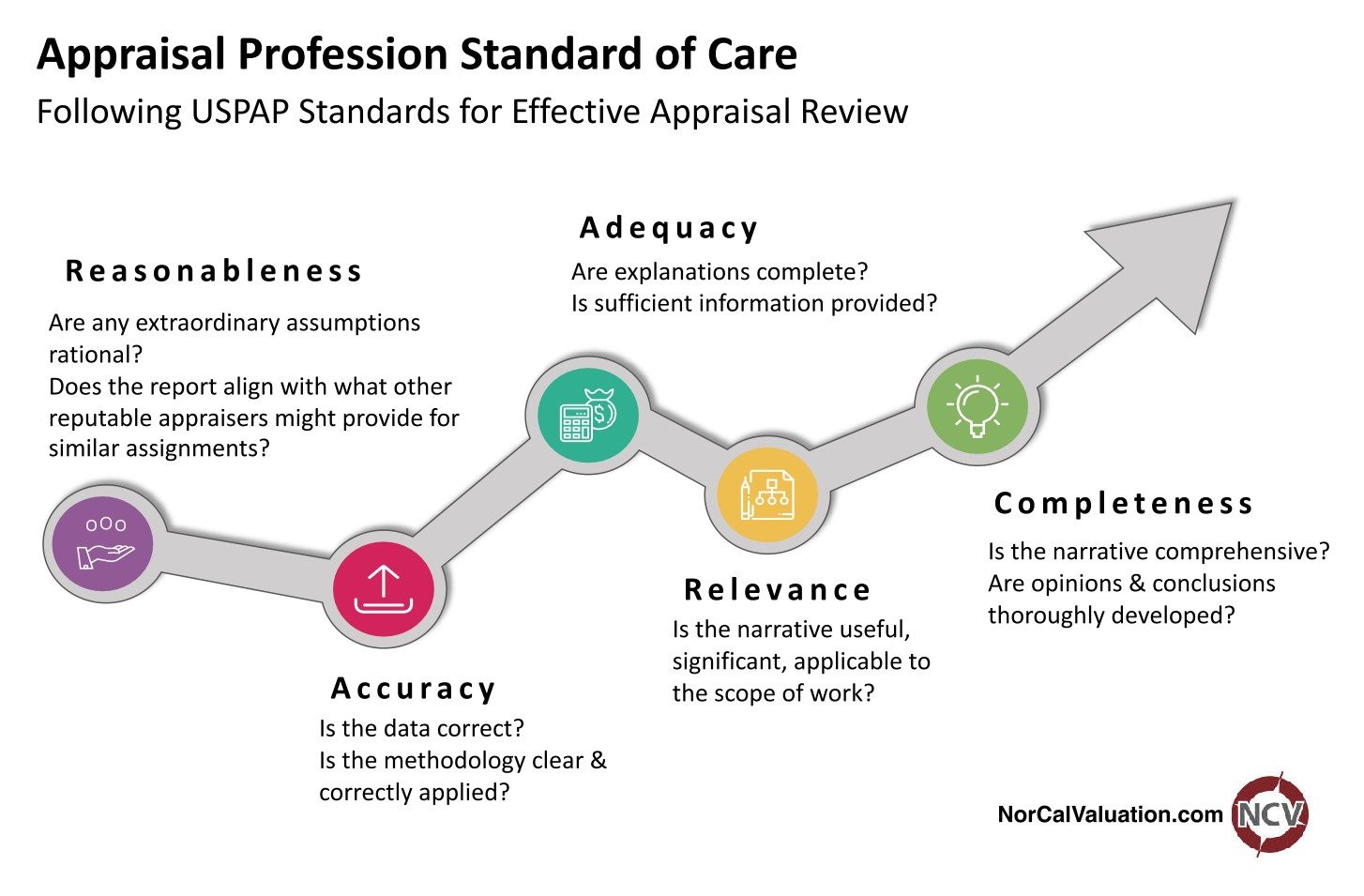
In situations such as legal cases, collateral loans, business deals, insurance settlements or marital dissolution, for example, one party often presents an equipment appraisal as a fait accompli. That appraisal may be appropriate and reliable, but if you’re uncertain, consider requesting an equipment appraisal review. A qualitative appraisal review of a fait accompli report can provide you with useful information when you are faced with making important decisions based on an appraisal report that you didn’t initiate and don’t fully understand or trust.
One recent client of mine — who would certainly have benefited from an earlier equipment appraisal review — had taken out an SBA loan to purchase a manufacturing business. The equipment appraisal for the acquisition had been initiated by the bank offering the loan and indicated that the equipment had a liquidation value greater than the purchase price of the business. He took the loan under the assumption that, should the enterprise not pan out, the sale of the equipment would cover the loan. Within a year of the acquisition, the main client had left and the enterprise was insolvent. When the buyer started preparing for liquidation he was shocked to discover that the liquidation values in the report were inflated by about 50%. He called NorCalValuation for an equipment appraisal review. Using the standard of care for appraisal practice as set forth in the Uniform Standards of Professional Appraisal Practice (USPAP), we discovered that the appraisal was lacking in accuracy, relevance and reasonableness: three of the five important qualities. Not only did this create a financial problem for my client, but it also created a problem for the financial institution that depended on this report to provide the basis for an SBA loan …
Failure to meet any of the basic USPAP requirements of completeness, accuracy, adequacy, relevance, and reasonableness as specified in Standard 3 critically undermines the validity and defensibility of an equipment appraisal report.
Logical Conclusion of Opinion of Value
Credibility, or the extent to which the appraisal can be depended upon, involves a number of factors. Fortunately, USPAP standards provide a reliable, flexible and coherent foundation for assessing credibility: scrutinizing an appraisal report through the diagnostic lens of completeness, accuracy, adequacy, relevance, and reasonableness for logical thought, methodology, appropriate research procedures and clarity of presentation.
Among many other things, USPAP requires that an appraisal be professionally researched and that the appraiser maintain a work paper file to support the values listed in the report. Please note that some lapses in research, logic, or methodology might only be noticed by a qualified appraiser! For example, I once reviewed an appraisal that used the income approach to value an obsolete piece of equipment; a more casual reader might not have realized how inappropriate this appraisal approach was for this particular piece of equipment. USPAP also requires that an appraisal report have an analytical and logical flow to it. What this means is that you, the intended user of the report, should be able to understand the report as a whole, including what the appraiser did and how it led to the opinion of value. If the report doesn’t make sense to you, you can bet it will not make sense to anyone else either – including a judge, jury, tax assessor or the IRS. This is a clear indication that you need an appraisal review … and perhaps a new appraisal!
Ethics
USPAP is the accepted standard for the appraisal industry in the USA and Canada. Almost every appraisal report you will ever see will declare that it is “USPAP compliant.” If there is a Certification Statement, as USPAP requires, you may even have a signed statement that declares the report’s author to be in compliance with USPAP. Unfortunately, saying it doesn’t make it so. All too often when I review the CV that is generally attached to such an appraisal report, it appears that the author has never actually taken a USPAP course, let alone the required 2-year update. Appraisal reports that are not USPAP compliant will not stand up in court – or anywhere else.
The Need for Appraisal Review
As you can see, an appraisal report can have a variety of flaws, each of which can cast grave doubt on the dependability of the opinion of value declared in that equipment appraisal report. If you have any questions or doubts — especially if you feel uneasy about the qualifications of the equipment appraiser or confused about the methodology used in an equipment appraisal report — consider an equipment appraisal review. It’s better to take precautions in advance rather than make important decisions based on a sketchy appraisal report, even if it is presented as a fait accompli.
Jack Young, ASA, CPA
Equipment Appraisal Reviewer
NorCalValuation.com




